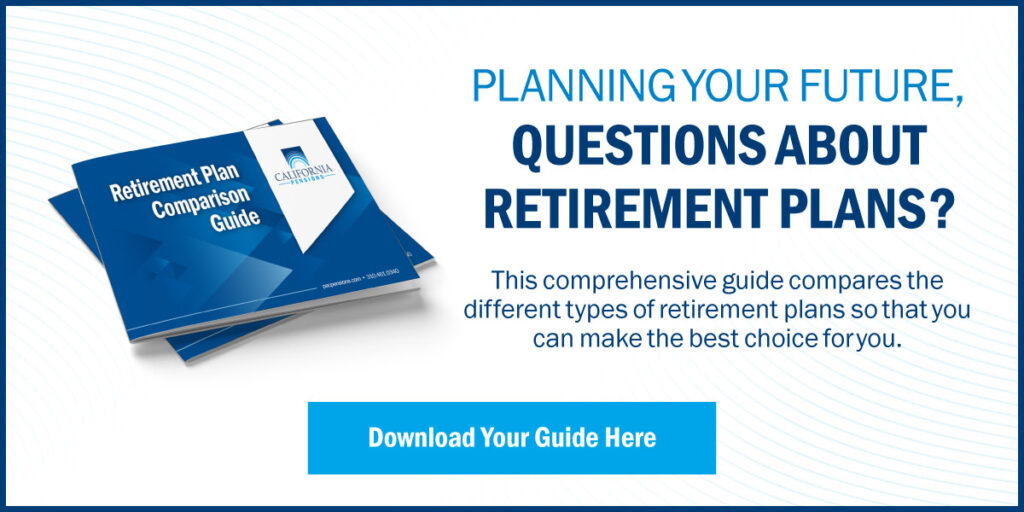Is your company thinking about switching retirement plans to a cash balance plan? Are you considering switching your own retirement savings plan to a cash balance plan? If yes to either of these questions then it is important to understand the pros and cons of a cash balance plan when saving for retirement. In this blog, we will be discussing why or why not a cash balance plan is right for you.
Stay Compliant with our Fiduciary and Plan Sponsor Checklist
What is a Cash Balance Plan?
To start it will be beneficial to understand what a cash balance plan is. A cash balance plan is a form of a defined benefit retirement plan. Each year the participant’s employer credits the participant’s account with a set percentage of their yearly compensation plus interest. The eventual payout that the participant will receive when they retire is set when the cash balance plan is first set up. The account must be monitored to ensure that it is on track to reach the set amount at the time of the participant’s retirement.
Pros
There are many pros to having a cash balance plan for your retirement savings.
- The contribution limits are substantially higher than a traditional 401(k) plan
- 401(k)s typically max out at around $58,000
- The current limit for lifetime contributions to a cash balance plan is approximately $2.9 million
- Yearly contribution limits for a cash balance plan vary by the age of the participant
- You can roll over a cash balance plan into a 401(k) plan or an IRA
- Contributions are tax-deductible
- Older employees are able to make larger contributions to their plan
- All the investment risk falls on the employer, not the participant
- Employees do not have to make contributions toward their retirement, but can if they want to
Cons
There are also several cons to having a cash balance plan.
- Cost more to maintain and operate than a traditional 401(k) plan
- The plan must be monitored closely
- This monitoring creates higher costs for the employer
- Plans are meant for the long term and are less beneficial for short term employment and investments
- Employer contributions are mandatory so it may not be feasible for some companies to offer
- Employers bear all the risks associated with the plan
- If interest rates fall below the rate needed to fund the plan to the needed yearly amount the employer must make up the difference
- The plan is more complex than other pension or 401(k) plans
- Non-discrimination testing is a yearly requirement
- An actuary is needed to make the plan work efficiently and meet the legal requirements
When it comes to picking a retirement plan there are a lot of options to choose from. Finding the plan that best fits your needs is the most important thing. Hopefully, now that you know the pros and cons of a cash balance plan you can consider choosing it as your retirement savings plan.
Need help choosing which retirement plan is right for you? Contact us today to learn how California Pensions can help you make your retirement plans come together.





